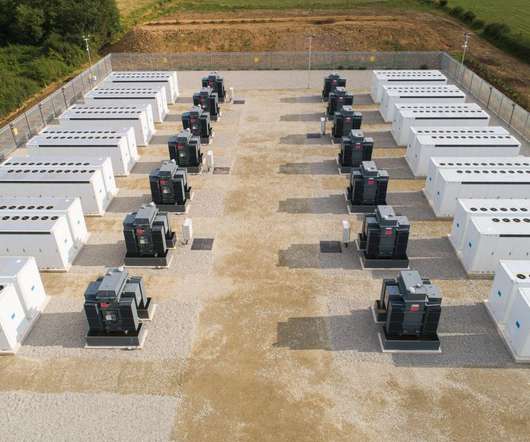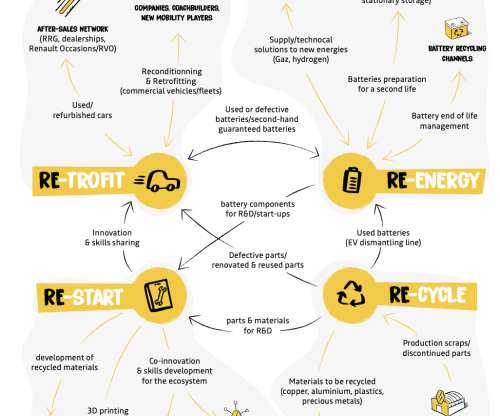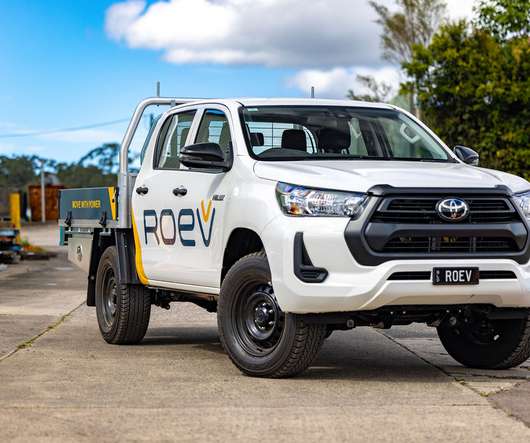EU investing €1.8B in 17 large-scale clean tech projects
Green Car Congress
JULY 13, 2022
Grants will be disbursed from the Innovation Fund to help bring technologies to the market in energy-intensive industries, hydrogen, renewable energy, carbon capture and storage infrastructure, and manufacturing of key components for energy storage and renewables. Background.




















Let's personalize your content